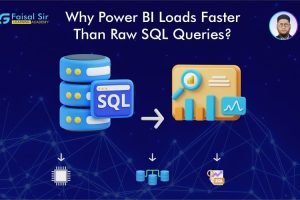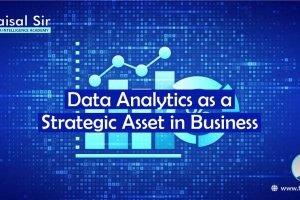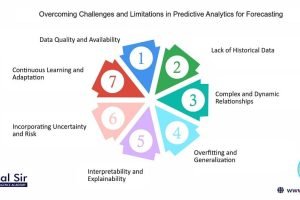SQL vs NoSQL: Which Database Skills Matter More for Data Analysts?
- Posted by admin
- Categories Blog, Data Analytics
- Date April 29, 2025
- Comments 0 comment
Introduction
As data explodes in volume and variety in 2025, many professionals ask: SQL vs NoSQL for data analysts — which skill matters more?
If you’re pursuing a career in data analytics, understanding these two database paradigms is critical to your job success.
This blog will guide you through their differences, practical applications, and help you decide which to learn first.
What Is the Difference Between SQL and NoSQL?
SQL Databases
SQL stands for Structured Query Language — it’s used with relational databases like MySQL, PostgreSQL, and Microsoft SQL Server.
Key features:
- Table-based structure
- Fixed schema
- Ideal for complex queries and analytics
- ACID compliance for data integrity
NoSQL Databases
NoSQL stands for Not Only SQL, designed for flexibility and scalability.
Popular NoSQL databases include MongoDB, Cassandra, and Couchbase.
Key features:
- Schema-less or dynamic schema
- Ideal for unstructured or semi-structured data
- Horizontal scaling
- Best for real-time applications and massive datasets
Learn more: MongoDB Official Docs
SQL vs NoSQL for Data Analysts: Which to Learn First?
Why SQL Still Leads
- Used in 90%+ of analytics tools and dashboards
- Core requirement in job descriptions
- Power BI, Excel, Tableau integrate well with SQL
- Ideal for structured business reporting
Internal Read: Beginner’s Guide to a Data Analytics Career in 2025
When NoSQL Is Valuable
- Analyzing large-scale, fast-moving data (IoT, social media)
- Startups and tech companies using cloud-native systems
- When schema flexibility is required
- Working in data engineering or real-time pipelines
Real-World Use Cases
| Scenario | Preferred Database |
|---|
| Monthly sales reports | SQL |
| Social media feed analysis | NoSQL |
| CRM dashboards | SQL |
| IoT sensor data | NoSQL |
| Ad-hoc business queries | SQL |
Tools & Languages to Learn
| Skill | SQL | NoSQL |
|---|---|---|
| Language | SQL | MongoDB Query Language, JSON |
| Visualization | Tableau, Power BI | MongoDB Charts |
| Integration | Excel, Python, R | Node.js, Python |
Certifications Worth Considering
SQL Focused:
- Microsoft Certified: Data Analyst Associate
- Google Data Analytics Certificate
NoSQL Focused:
- MongoDB Associate Developer
- AWS Big Data Specialty
Final Verdict: What Should Data Analysts Prioritize?
If you’re just starting out, learn SQL first. It’s required in nearly all data analyst roles.
However, gaining NoSQL knowledge adds competitive value, especially in real-time, cloud-based, or unstructured data environments.
Pro Tip: In 2025, companies increasingly prefer data analysts who understand both technologies.




